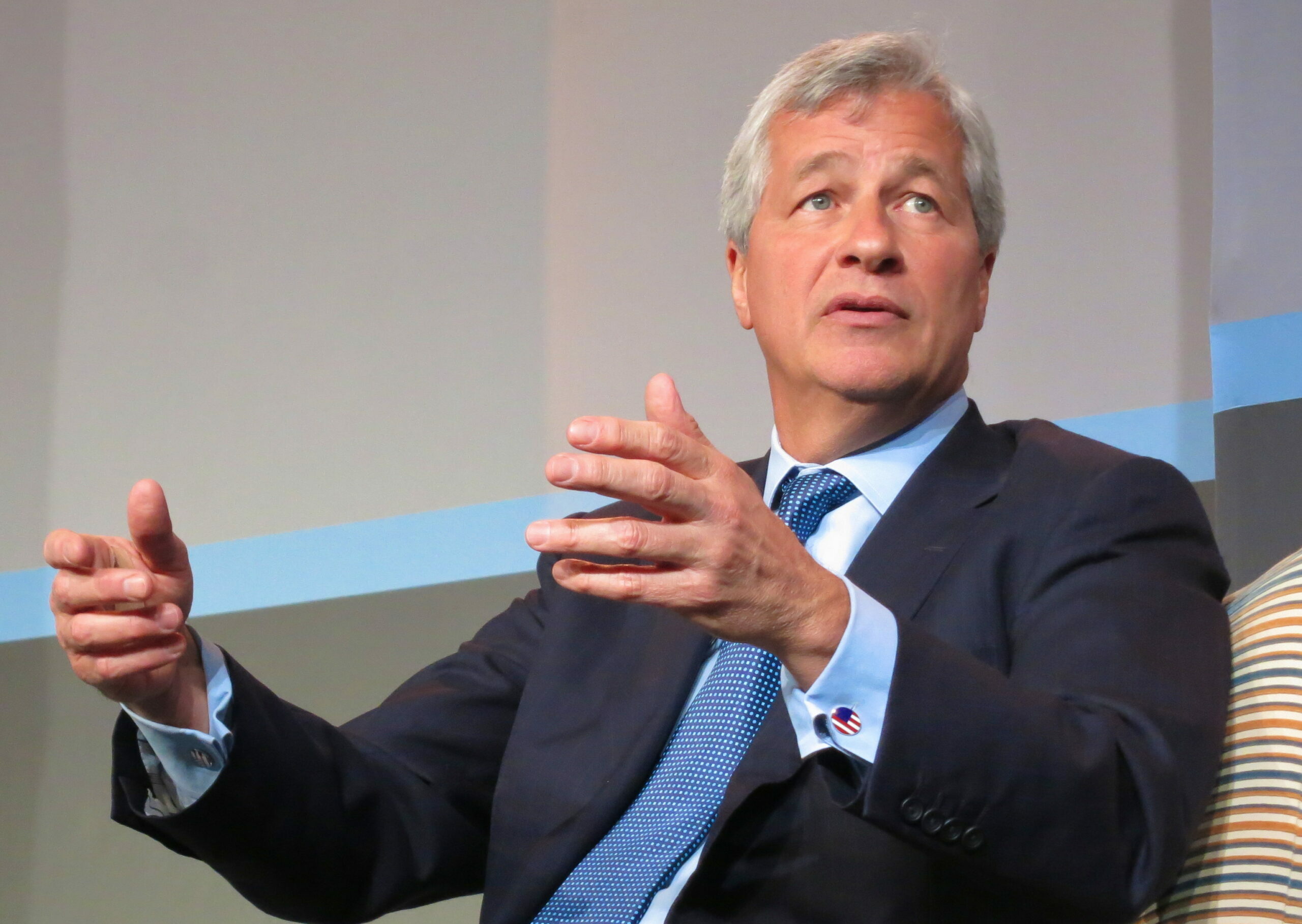Jp Morgan grabs First Republic Bank account holders with public money

Jp Morgan has absorbed some assets of First Republic and its wealthy clientele following a "highly competitive" tender, guarantee the American authorities. But Jamie Dimon's institution now controls more than 10% of bank deposits in the United States thanks to a legal clause… Full details
On Monday, Jp Morgan, one of the largest banks in the United States, bought a large part of the assets of First Republic Bank, a Californian institution that has been in crisis for months: its bankruptcy, by size, was the second in US history, after that of Washington Mutual in 2008.
PARTICIPANTS IN THE AUCTION FOR FIRST REPUBLIC BANK
The sale of First Republic to Jp Morgan took place following a government auction, because control of the bank had been assumed by the Federal Deposit Insurance Corporation (Fdic), the regulatory authority that deals with insuring bank deposits.
Four bidders participated in the final stages of the First Republic auction Sunday night: PNC Financial Services Group, Citizens Financial Group, Fifth Third Bancorp and JP Morgan.
WHAT THE FIDC-JP MORGAN AGREEMENT PROVIDES FOR
The agreement between the US body and the institution led by Jamie Dimon was announced around 3:30 in the morning (New York time), consolidating – writes the agency – “Dimon's reputation as one of the most powers of Wall Street”. During the 2008 financial crisis, JP Morgan went to the rescue of Washington Mutual and Bear Stearns. Today, with the First Republic affair, Dimon claims that his institution has put an end to the crisis period of American regional banks, or at least its most acute phase.
The agreement with the Fdic requires JPMorgan to receive a loan of 50 billion dollars from the authority. It will pay the latter a sum of 10.6 billion to acquire the assets of First Republic. In addition, it will return the 25 billion in funds that other banks had deposited with the Californian institution last March to stabilize it. In conclusion, the agreement should guarantee JPMorgan a profit of 2.6 billion.
JP MORGAN HAS GOT TOO BIG?
First Republic's purchase – of all its deposits, worth $103.9 billion, and most of its assets, worth $229.1 billion – is raising some concern that JP Morgan has become too powerful and influential on the American financial sector, i.e. “too big to fail”. Dimon rejects these interpretations. JPMorgan alone controls more than 10 percent of US bank deposits.
The FDIC said the First Republic deal came following a "highly competitive bidding process," and that JPMorgan's victory was due to its bid being the least burdensome on the banks. 'authority.
MADE THE LAW…
First Republic appealed to Dimon because of its wealthy current account clientele. However, it was thought – explains Reuters – that the regulators would not allow Jp Morgan to acquire another bank due to a federal law that prohibits an institution from owning more than 10 percent of American bank deposits (this is the case of Jp Morgan). The law, however, provides exemptions for the takeovers of failed banks, such as First Republic.
DOUBTS AND QUESTIONS
"With this acquisition, JPMorgan comes to have about 15% of total US deposits, obtaining an exemption on regulations that set lower limits: does this mean that other regulations could be circumvented if necessary?", asked Il Sole 24 Hours the economic-financial journalist Morya Longo .
“Could the concessions given by the FDIC to JPMorgan (loan guarantees, etc.)”, Longo asks, “could induce the big credit companies to wait for any other bankruptcies before taking over banks in crisis, so as to have the same advantages?”. And again: "given that with Silicon Valley Bank and Signature Bank the US authorities have preferred to go from a real bankruptcy, while with First Republic a more hybrid formula has been chosen, if other banks ended up in crisis which method would be followed?" .
REGIONAL BANKS COLLAPSE IN THE STOCK EXCHANGE
Despite the First Republic deal and Dimon's reassuring words, regional banks continue to perform poorly on the US stock market. Two of them in particular, PacWest Bancorp and Western Alliance Bancorp, saw their shares drop about 15 percent. The financial sector contributed significantly to the 2 percent drop in the S&P 500 index, the most important in the country (it is made up of the five hundred most capitalized American companies).
“Wall Street is rapidly hitting the sell button, as the banking turmoil doesn't look set to go away anytime soon,” Ed Moya, market analyst at Oanda, told Bloomberg . “Risk appetite doesn't stand a chance as traders focused on lingering doubts about regional banks, rising recession odds and growing risks that the US could default on debt next month.”
This is a machine translation from Italian language of a post published on Start Magazine at the URL https://www.startmag.it/economia/jpmorgan-first-republic-bank-asta-governativa/ on Wed, 03 May 2023 08:20:36 +0000.
